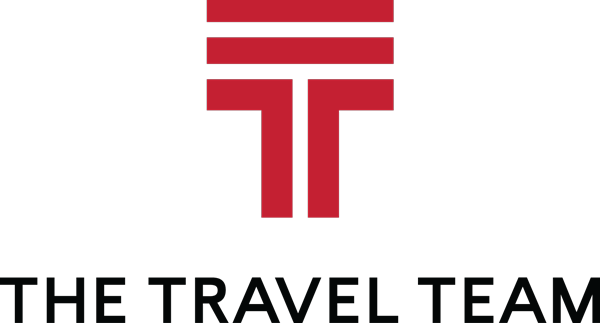Travel incentives for employees are powerful tools business leaders should prioritize. Incorporating an incentive travel program into your business or expanding travel incentives for employees offers important benefits, including motivating staff, strengthening company culture, and ultimately driving business success.
What is Incentive Travel and Why Use It?
Incentive travel uses trips to reward employees, encouraging them to meet specific goals. Traditionally, incentive travel has been used for departments such as sales to gift top associates with a trip. However, workforce changes following the COVID-19 pandemic have shifted incentive travel programs.
According to the 2023 Incentive Travel Index Survey, many business leaders are still using incentive travel programs to increase sales and market share. However, a growing number of leaders are also focusing on other benefits when using these programs, including company culture, engagement, relationships, and training. 68% of executives consider incentive travel key to their workforce strategy and acknowledge the shift from motivating performance for financial gain to fostering a stronger company culture and overall performance.
Exclusive Offers.
Sign up to receive personalized promotions and packages for your next vacation from trusted travel experts.
Incentive Travel Benefits for Employees and Employers
Improve Work Performance
Having a clearly defined reward can help employees focus. For example, knowing all the details of an incentive trip reward might spark staff to put in more effort toward fulfilling goals since they know exactly what they’ll be receiving, as opposed to a nonexistent or unknown benefit.
Benefit to Employers
Having employees put forth their all is a net positive for the company. Increased effort by multiple employees is likely to increase work output or contribute toward other measurable metrics.
Reduce Burnout
Burnout happens when employees have heavy workloads, work long hours, and lack of work-life balance over lengthy periods. Getting away from the office and having time to rest and relax is essential for happy and healthy staff.
Benefit to Employers
A great trip provides employees with a much-deserved reset, preparing them to return to the office ready to continue helping the company succeed. Without this respite, employees may lag in productivity or decide to find employment elsewhere.
Feel Appreciation
Employees want to feel appreciated, especially after putting in a lot of hard work to accomplish a major goal. Though monetary rewards are an option instead of incentive travel, this kind of compensation may be spent on essential costs like bills. Incentive travel is the opportunity to provide your team with more: exciting once-in-a-lifetime experiences that leave lasting memories.
Benefit to Employers
When employees think about the good times spent on their incentive trip, they’re likely to want to reciprocate in some way. This could translate to choosing to stay loyal to the company and continuing to work hard.
Foster Internal Connections
This is especially true if your incentive program is set up to reward an entire team rather than just a single person. To win together, a team will have to work together well. Teams may develop closer working relationships, leading to more collaboration in the future.
Benefit to Employers
Having cohesive teams that work well together keeps business moving and teams happy, which are key ingredients to a successful company.
Considerations for Incentive Travel
As you reevaluate your company’s incentive travel programs, there are a couple of key points to consider. First, reconsider what departments or teams should be eligible for employee incentive trips. Think about who is important to company goals. Are there benchmarks beyond sales numbers that your company is striving to reach? If so, consider including those personnel in programs if they aren’t already. Second, leadership should take time to choose an incentive trip destination that employees are actually excited about. In many cases, CEOs and other top executives determine key details like destination, accommodations, and activities. However, these choices may not align with employee interests.


